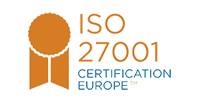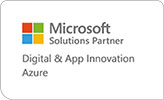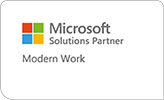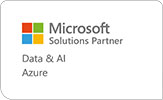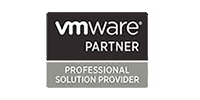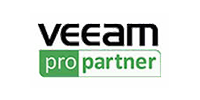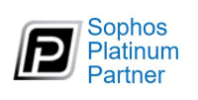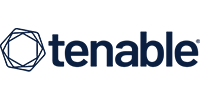Our Social Value & CSR principles guide us to make life better for the individuals, communities and places we touch by developing & implementing appropriate policies & practices. Examples include reducing our carbon footprint, improving labour policies, charitable giving & volunteering. We aim to comply with all applicable regulation around for example, Equality and Accessibility, Income Security, Working Hours & Sustainability.
1
Our approach to diversity & inclusion respects all employees equally allowing everyone to be their true selves at work. Training, development & promotional opportunities are offered equally among all employees.
Employees have many on the job learning opportunities which is complimented by a formal training plan & development courses supported by a substantial training budget.
Teams are motivated through goal setting in line with company objectives and values. Progress is monitored, and feedback is given through our performance management process. Success is celebrated via our communication channels.
Diversity and inclusion is key to our culture and development programme. We hold Bi-monthly “Celebration of Diversity” events, where employees from minority categories e.g.. non-Irish born or those with disabilities participate in a virtual event to raise awareness of the issues they face so employees can have a better understanding of how they can support their colleagues better. We also hold events to celebrate, for example, International Women’s day and Pride month.
2
Our-systems are designed using responsive design principles to support a broad range of screen sizes. The web page content follows industry best practice and WC3 standards on accessibility to support those with different devices and needs.
We conduct accessibility testing on mobile devices and desktops to ensure the website is accessible and conforms to WCAG AA standards taking into account users who are/have:
- Partially sighted (especially when using a smaller screen)
- Colour blindness
- Dyslexia and other cognitive issues that can affect the readability of a site
- Arthritic and other finger joint movability issues
The primary desktop accessibility tool we use is a screen reader with JAWS. Mobile devices have their own inbuilt screen readers which are activated via the phone settings. Each screen is tested using a screen reader to ensure that web forms and items shown on the page are read in a meaningful way. A range of mobile devices are tested. Gestures will also be tested on mobile devices. The equivalent on a desktop is the zoon feature.
The systems are tested to ensure the colour contrast is readable for all. Other manual testing involves:
- Readability of the site by making sure that text is not overcomplicated and is easy to understand
- Navigation to ensure that navigation is consistent, logical structured and not over complicated.
3
Innovation is overturning many characteristics of the supply chain. ActionPoint can work with organisations who are encountering globalization, increased product complexity and customer requirements, by using technology to transform their operations and supply chain. Examples include using sensors and internet connectivity, to collect data at every checkpoint, and machine learning, artificial intelligence (AI), and advanced analytics to help drive automation and deliver insights that promote efficiencies. Our holistic approach to digitization (not just faster paper) has resulted in reduced timelines and increased efficiencies and customer access for many customers. One example of this is the implementation of an online passport application system for the Department of Foreign Affairs. ActionPoint can apply its Digital Transformation Assessment to look at the 6 key dimensions of Digital Transformation including Digital Strategy, Data Intelligence, Capability, Processes, Customer Experience and Risk and Compliance.
4
We recognise that our operations result in impacts to the environment such as emissions to air and water, and the generation of waste. It is our aim to comply with legislation and other requirements, continue to reduce the environmental impacts of our business and operate in an environmentally responsible manner. Examples of our efforts include allowing employees to work from home and adapting sustainable procurement process.
5
We support a programme with the National Coding Institute to increase participation of women in the software industry that gives unemployed and unskilled females the opportunity to obtain a qualification in Software Programming. Graduates will join us in January 2022 and be given work experience and mentoring with a view to full time employment. We offer paid Internships to IT students from local universities whereby they benefit from on the job learning and mentoring. They can progress to our Graduate Programme with a learning and development programme for them to progress within the organisation.
The IT industry in Ireland has an average of 22% female participation. We have increased this from 21% to 25% and have a target of 35% by 2025 by continued participation in programmes listed about and also reaching out to schools promoting IT as a career for young girls.
We support non-EU born employees by sponsoring work permits to allow them and their families move to Ireland and work legally. We have also supported several employees to return to and work from their home countries during the pandemic, allowing them to be with their families during difficult times.
6
A number of policies are in place to ensure we adhere to all legislative and ISO requirements and Industry best practice. Policies are reviewed and updated as required. These policies are outlined at onboarding and communicated regularly. An example of a recent training programme on Interview skills focused on awareness of unconscious bias and how interviewers need to select the best talent based on skills, experience and competencies rather than biased or stereotypical views.
